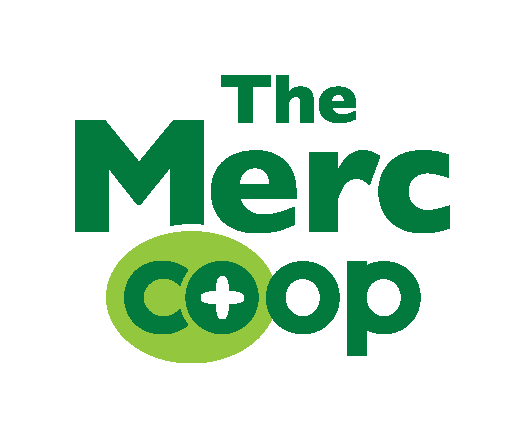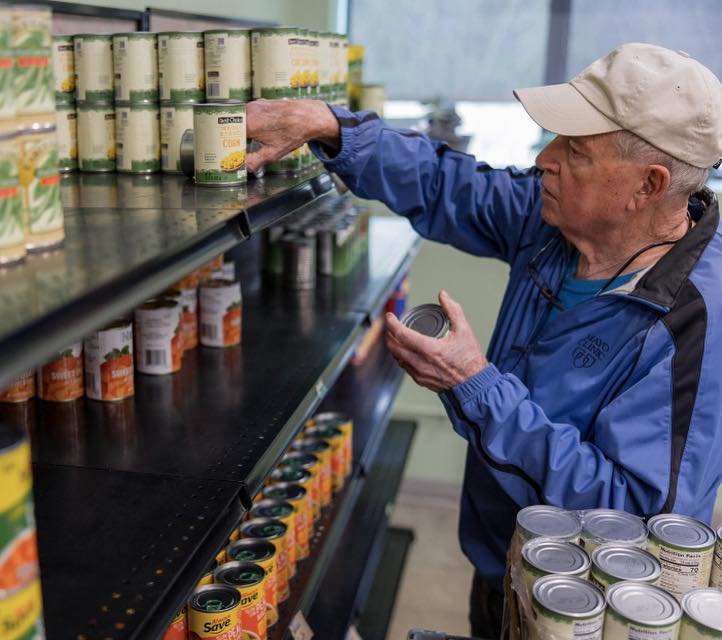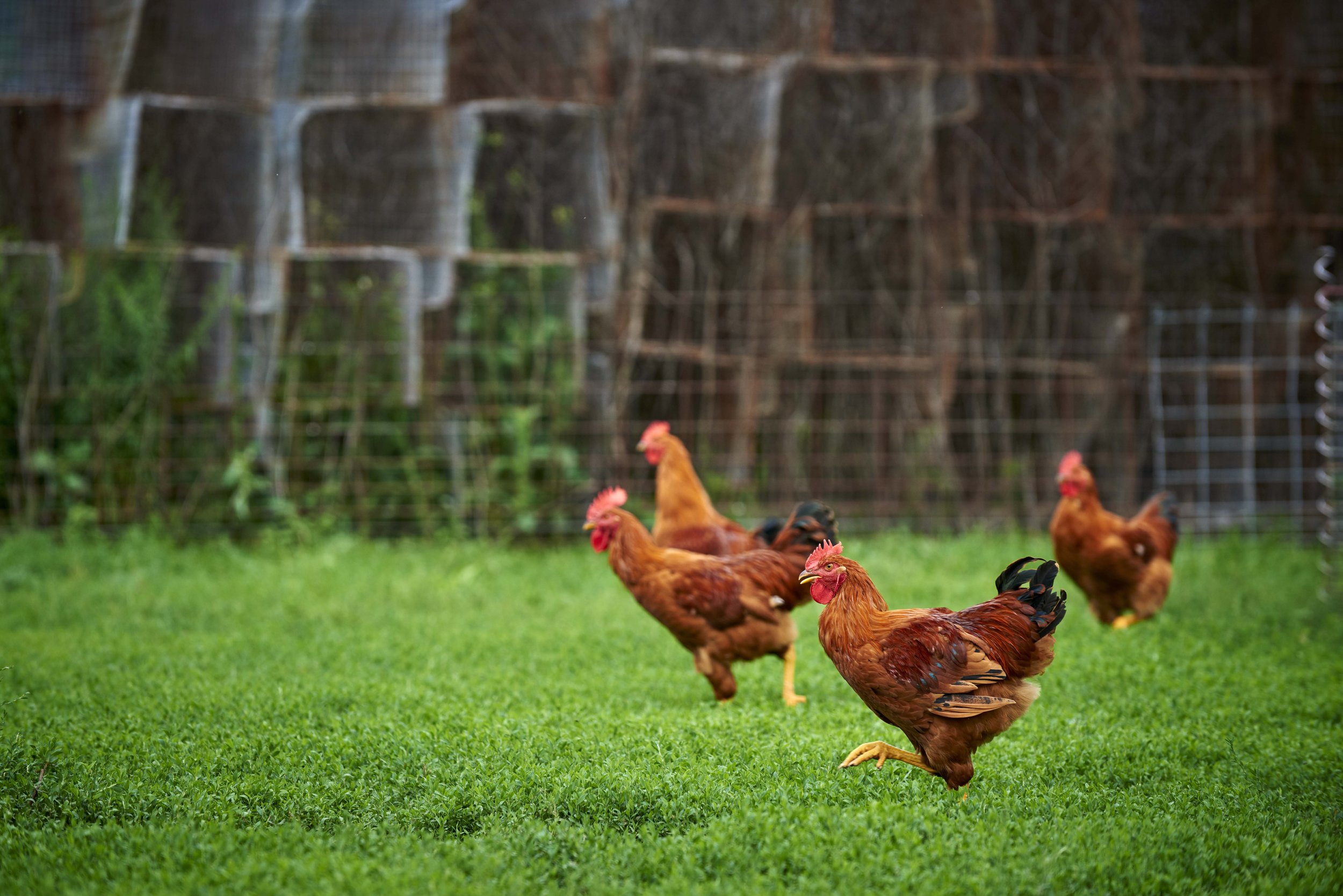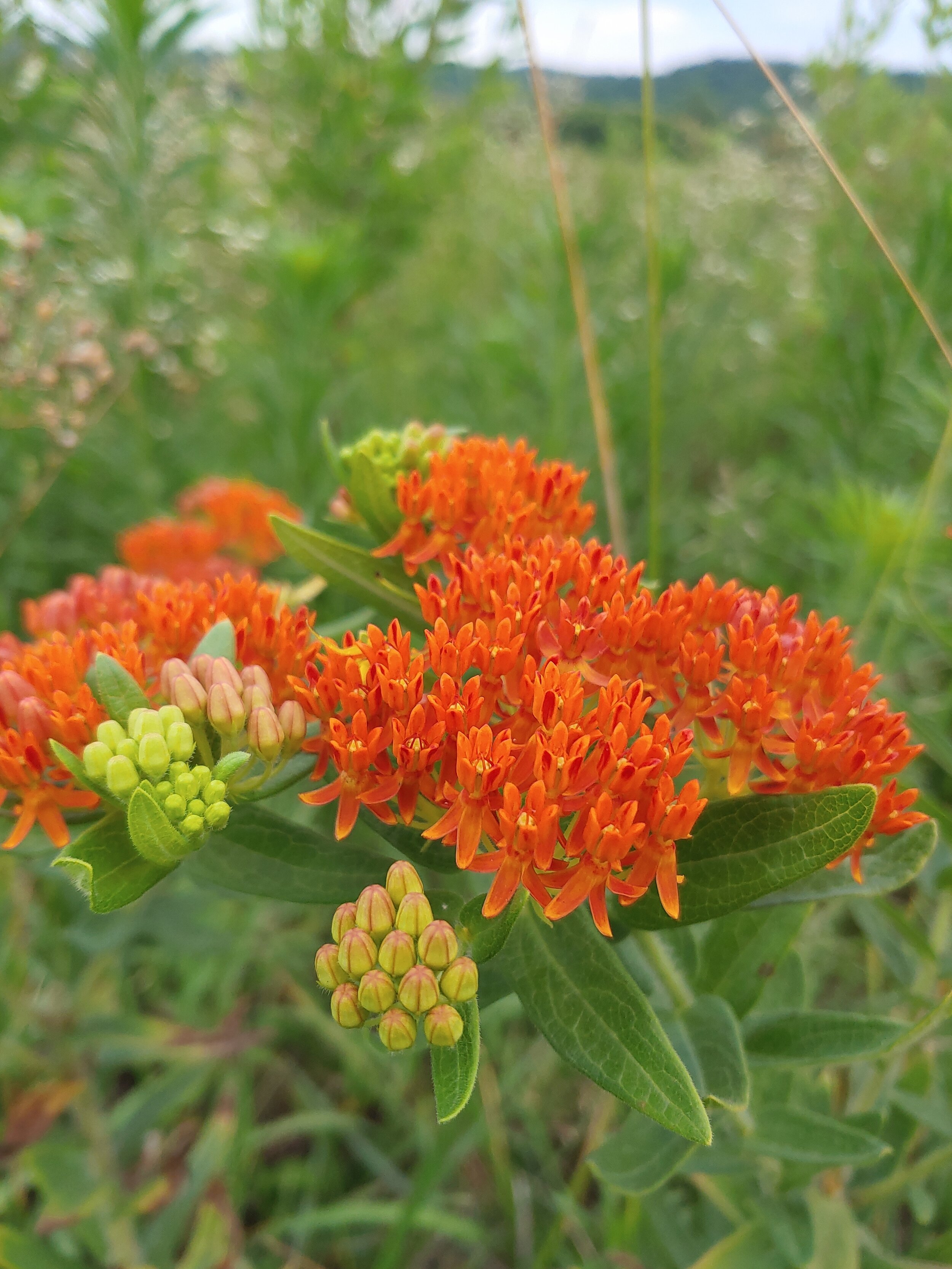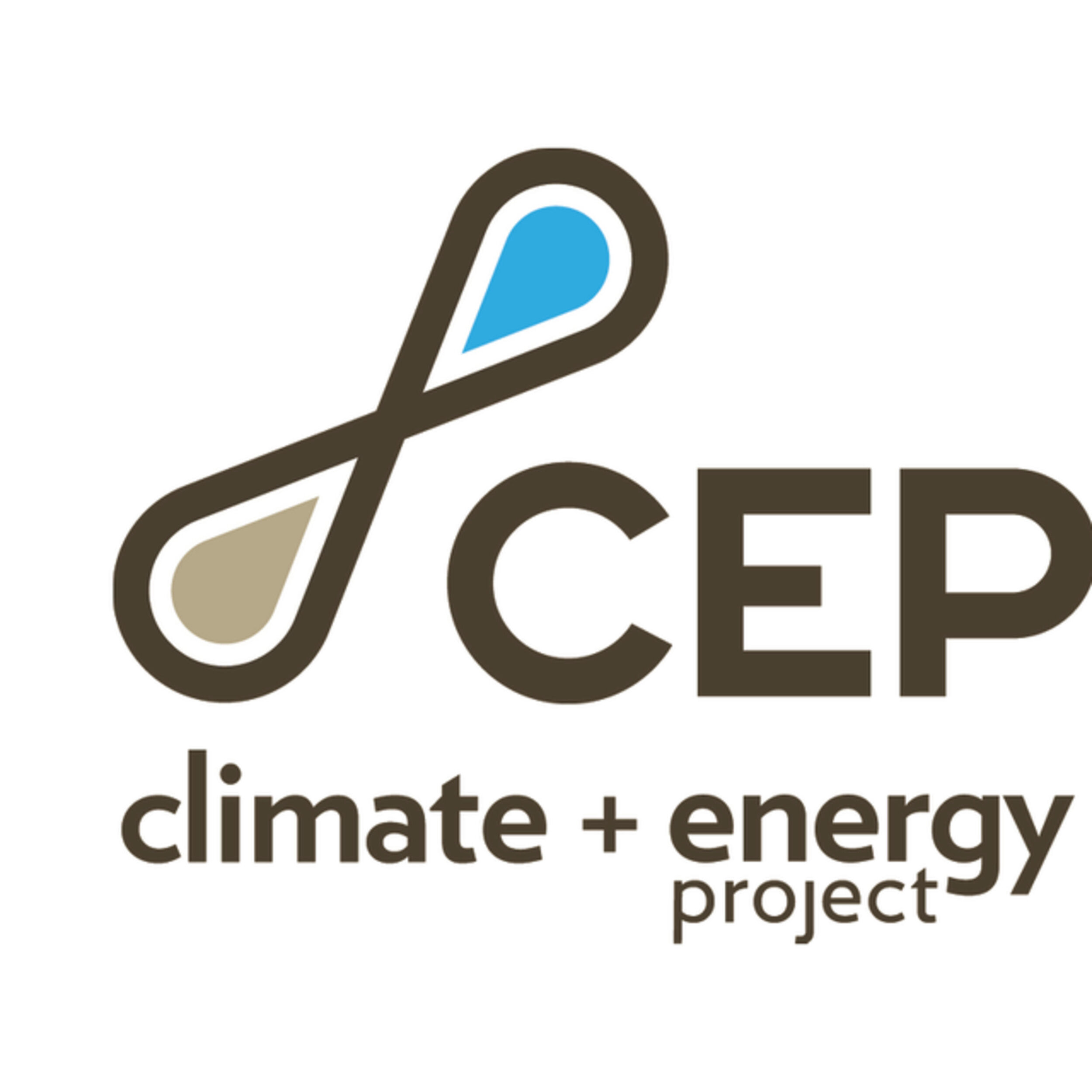Sustainability
Sustainability is relevant to everything we do at The Merc Co+op. From the products we source to the organizations we support to our recycling program, concern for our environment and our community is always top of mind. See how your co-op is working towards making our planet a healthier place.
Solar Installation & Efficiency Efforts
In August 2018, our co-op completed Lawrence’s largest solar energy project to date. Through a full rooftop array, two solar covered carports and a solar covered patio, our community-owned grocery store worked with Cromwell Solar to install 688 high performance solar panels that provide 29% of our energy each year.
This project allows the co-op to harness the most reliable and sustainable renewable energy resource: the sun. The roof houses the majority of the panels. Comprised of solar panels mounted on steel beams, the two solar covered carports offer 32 spaces with partial protection from the elements and shade from the hot summer sun. An electric vehicle charging station is available for shoppers’ use. And, a solar covered pergola offers partial shade for outdoor diners. All together the panels will produce 297,690 Kilowatt hours energy each year, enough to power 22 homes.
In addition to our solar installation, the store has
installed high efficiency refrigeration in 2019.
transitioned to LED lights
replaced outdated equipment with high efficiency options
reduced its annual energy use by 50% since 2012.
Food Recovery & Reducing Food Waste
At the co-op, food that can’t be sold is first offered to people in need through partnerships with local pantries. And produce or veggie scraps we can’t sell or donate is picked up by local farmers to feed their livestock!
In 2025, the co-op donated 37,601 lbs of food to Just Food.
Farmers picked up over 90,000 lbs of produce as feed last year.
Recycling & Reducing Single Use Plastics
All of the co-op’s deli and coffee bar packaging and utensils are compostable or recyclable.
Our co-op utilizes single stream recycling at both locations with Waste Management and Honey Creek Disposal.
Find Water Refill Stations at both locations. Avoid single use plastics by bringing your own clean, refillable containers to the co-op for filtered water.
Plastic shopping bags were discontinued in 2013 (well ahead of the 2024 plastic bag ban in Lawrence!), and the produce department has made the swap to compostable or Ocean Plastic bags, made from plastic collected from oceans and streams recycled to make bags.
Products & Sourcing
Local Foods, CSAs and Markets
Growing a vibrant local food economy is central to sustainability, facilitating transparency about growing practices and standards. We partner with nearly three dozen local growers, champion organic, support farmers’ markets, CSAs and student gardens.
FairTrade
We all want to feel good about our food choices, and buying produce from a local farmer makes it easy. But what about food that comes from miles away?
In some communities around the world, impoverished workers are paid low wages while their land is depleted by industrial agriculture. Fairtrade it is a global movement where shoppers and companies prioritize people and the environment through trade. By choosing certified products, you are putting more bargaining power back into the hands of farmers and workers and investing in a global system built to make fair trade the norm.
Native Plant Pollinator Garden
Pollinators play an irreplaceable part in food, textile and medicine production. Birds, bats, bees, butterflies, beetles, and other small animals that pollinate plants are responsible for bringing us one out of every three bites of food. They also sustain our ecosystems and produce our natural resources by helping plants reproduce. They visit flowers to drink nectar or feed off of pollen and transport pollen grains as they move from spot to spot.
Native plants are adapted to the local climate and soil conditions where they naturally occur. These important plant species provide nectar, pollen, and seeds that serve as food for native butterflies, insects, birds and other animals. Native plants require less water and resources, promote biodiversity, and reduce erosion and air pollution.
A special thanks to our partners, Native Lands LLC and Maggie’s Farm for planning and planting our pollinator garden!
Little Free Library
Take a book. Leave a book. Sharing and reusing books is a sustainable path toward knowledge! Little Free Library is a nonprofit organization based in St. Paul, Minnesota. Their mission is to be a catalyst for building community, inspiring readers, and expanding book access for all through a global network of volunteer-led Little Free Library book-exchange boxes. The Merc Co+op is proud to have started a Little Free Library that can be found just outside our store.
Awards and Recognition
National Co-op Grocers Co+efficient Sustainability Star: 2016, 2017, 2019
Climate + Energy Project Changemaker Award 2019
